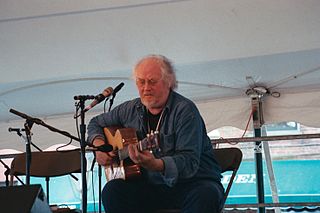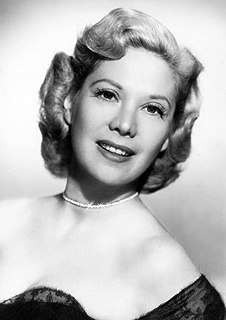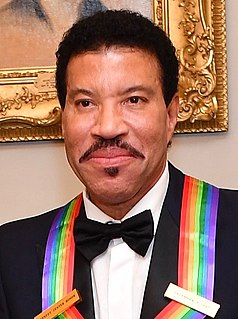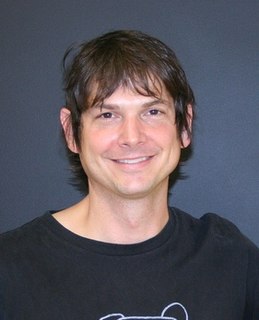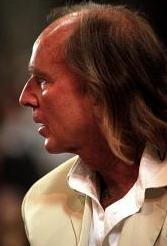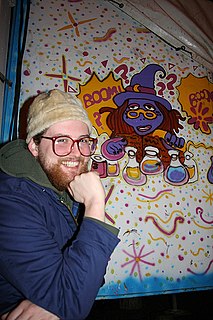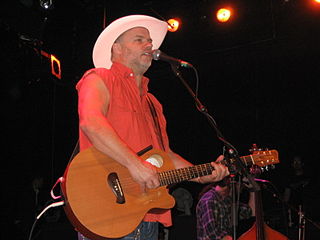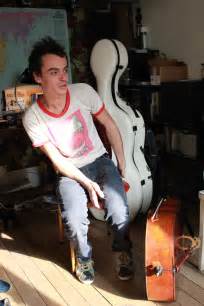A Quote by Leonard Cohen
[Europe has] this tradition of self revelation in popular music. We have it here - it's called Country Western Music... I think that's where the deeper and more complex subjects are treated.
Related Quotes
I was interested in a whole range of music that I used to play, popular music -- particularly American music -- that I heard a lot of when I was a teenager," "I think at a certain point it dawned on me that myself playing this music wasn't very convincing. It was more convincing when we played music that came from our own stock of tradition. ... I certainly feel a lot more comfortable playing so-called Celtic music.
I want people to feel what it was like in the '40s. That's when popular music in the United States was so beautiful. Frank Sinatra, the Pied Pipers, Duke Ellington, Fletcher Henderson, Tommy Dorsey, Billie Holiday. That's when popular music had deeper values, to me. This was music that was selling millions of records.
I find a difference between what gets called world music - a fusion of western music and music from different cultures in more of a modernized version - and Explorer Series stuff, which is completely undiluted indigenous folk music. That's a lot more powerful than a lot of the super-processed stuff that comes out now.
I think that in this globalised world, the local is going to become more and more important - it is a paradox. You see it in Western Europe more and more. Eastern Europe is still coming out of the Soviet uniform cultural era, but this kind of separation and nationalism is very obvious now in Western Europe.
Popular music of the last 50 years has failed to keep in step with advances in musical theater, namely Stephen Sondheim. But the two have grown apart so that popular music is based more than ever on a rhythmic grid that is irrelevant in musical theater. In popular music, words matter less and less. Especially now that it's so international, the fewer words the better. While theater music becomes more and more confined to a few blocks in midtown.
The music that I play is much more accepted in America. Do you know what I mean? Americans recognize and not necessarily country music. I go to a lot of places in Canada and they go "I don't like country music" and they think I'm a country musician. When I am a country musician but not a country musician like they think of.
The Western music tradition is mostly addressed to a public that has a critical mind, and judges the quality of the writing, of the interpretation. And I think it is a great tradition! It pushes the musicians to always go further, and to never stop pushing the limits and explore what can be done with sounds. And great pieces of art were born from that tradition.

